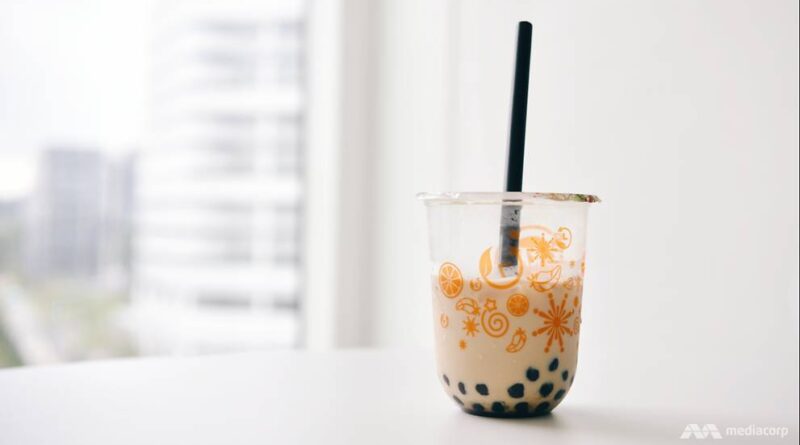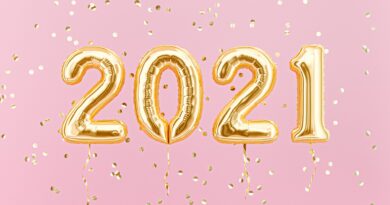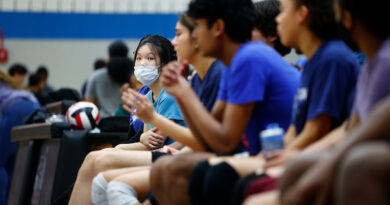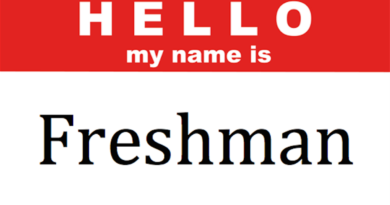One Bubble Tea, Hold the Performative Activism, Please
If you’ve been in the loop with Asian American Pacific Islander (AAPI) politics, you’ve probably heard the phrase “Boba liberal” being thrown around here and there. Over the past year or so, Boba liberal has became an increasingly popular term nowadays, especially in describing a specific group of activists. Honestly, if I had a Nickle for every time I saw a post regarding Boba liberalism, I’d have enough money to start my own local Boba business. However, if you’re not too informed about what occurs within the political sphere of the AAPI community, “Boba liberal/liberalism,” is most likely a new term for you. (And no, it’s not a new limited edition flavor of Boba).
A term that originated from the now suspended Twitter user @diaspora_is_red, Boba liberals are essentially AAPI’s who participate in performative AAPI-centric activism that panders to white America.
Boba liberals are often found binging anime, indulging themselves in their favorite Asian restaurants, keeping up with their favorite K-Pop band, and even buying actual Boba. However, they do nothing to advocate for themselves or their community in a broader aspect. They only scratch the surface of the fight against injustice, like by posting an infographic on their Instagram story, without taking the time to read the information, and then calling it a day. Like Boba, this specific group of activists are all sugar and no substance.
Boba liberals highlight the most insignificant and superficial parts of their AAPI identity in order to build their credibility as an Asian “activist,” while simultaneously keeping their activism tame enough to gain acceptance from the West. By participating in Boba liberalism, Boba liberals continue to uphold and reinforce the model minority myth, a system that has roots in white supremacy ideology (If you don’t know what that is, it’s worth a read. Here are a few different sources to get you started).
University of California student Mona Lee did a research project regarding Boba liberalism and how it appeals to “white adjacency.” “At the end of the day,” Lee says, “the idea of Boba liberalism is how people define their identity and birth sort of for the white gaze and trying to make ourselves more palatable to broader white American society” and is deeply associated with upper class, East Asian privilege and “erases so much diversity within our own community.”
Like Lee stated, not only is Boba liberalism meant to appease the white man, but it also portrays the AAPI experience as uniform and erases the experiences of the overshadowed members within our community due to the fact that Boba liberalism caters mostly to middle and upper class East Asians who reside in the West. It trivializes the complexity of the AAPI community. For example, Boba liberalism does not acknowledge the struggles that South East Asians/Pacific Islanders endure, AAPI’s who live in poverty, and the several other issues that remain unheard from the many other underrepresented and unheard individuals in community.
“What exactly does Boba liberalism look like in practice?” you might ask. Take this for example: Back in January, there was outrage from Asian Americans over some white women reinventing their own version of the popular Chinese game, Mahjong. Many AAPI’s were quick to mobilize and rally against the issue, and soon it was absolutely everywhere (Well, at least for me and my respective For You Page on TikTok). Although it was nice to see so many members of the Asian community were able to band together in solidarity against the problem, it did make many of us wonder whether we’re directing our energies on the right matters.
Many AAPI individuals were quick to give their two cents on Mahjong, but have stayed notoriously silent on many of the larger, more pressing issues that plague our community. I’m not saying you can’t be rightly angered about cultural appropriation, but when we have many other urgent affairs to address such as the continuous exclusion of Southeast and South Asians from our mainstream activism, the lasting effects of Western imperialism on many of our home countries, failure to address the prominent anti-blackness that many AAPI individuals and cultures perpetuate (just to name a few), and our mainstream activism focuses on affairs that will probably be forgotten in two days, tops, it really does more harm for us than good. Our activism needs to result in long-lasting positive changes, not a couple of callout posts on the Internet that will be forgotten with a single refresh of a social media feed.
In short, Boba liberalism has withheld the AAPI community from exploring the deep-rooted issues entangled in our identities and has made our activism extremely one-dimensional. However, in the midst of all the anti-Asian-American hate crimes during the pandemic, many AAPI’s have gotten a harsh wake up call. They realized that their Boba liberalism only goes so far and have slowly begun to address the larger issues that affect our community. Many AAPI’s have begun to acknowledge their mistakes and are beginning to learn how to become a more inclusive activist. Although it might take a while, with dedication and determination, we can progress past practicing surface-level activism in order to truly create change amongst AAPI’s. Just like there’s more to us Asian-American Pacific Islanders than Boba, there’s always more we could be doing to combat the injustice amongst us.




